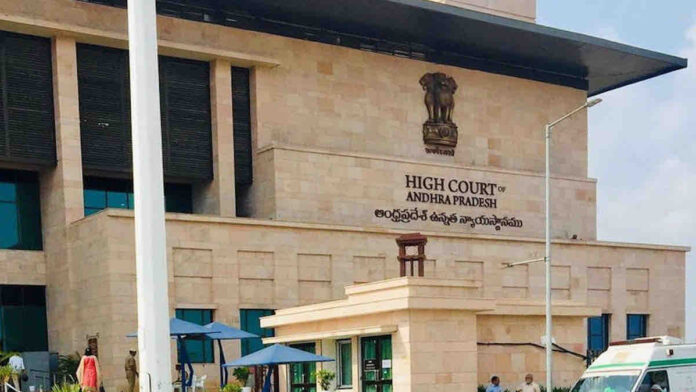In a recent judgment dated July 18, 2024, the Andhra Pradesh High Court, comprising Justice Ravi Nath Tilhari and Justice Nyapathy Vijay, delivered a significant ruling in Motor Accident Civil Miscellaneous Appeal No. 3420 of 2014. The appeal was filed by T. Savithramma and four others (Appellants) against K. Venkateswarlu and two others (Respondents) under
To Read More Please Subscribe to VIP Membership for Unlimited Access to All the Articles, Download Available Copies of Judgments/Order, Acess to Central/State Bare Acts, Advertisement Free Content, Access to More than 4000 Legal Drafts( Readymade Editable Formats of Suits, Petitions, Writs, Legal Notices, Divorce Petitions, 138 Notices, Bail Applications etc.) in Hindi and English.




